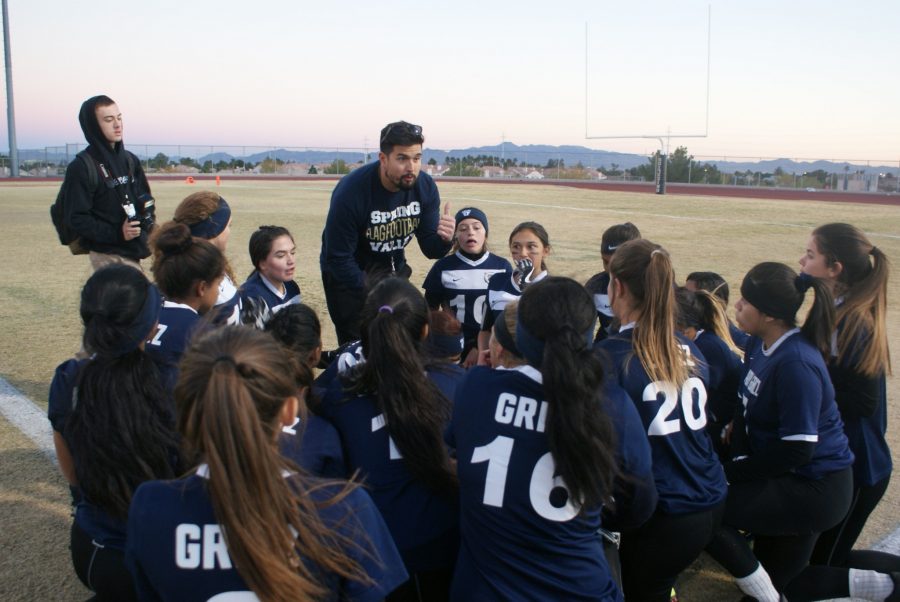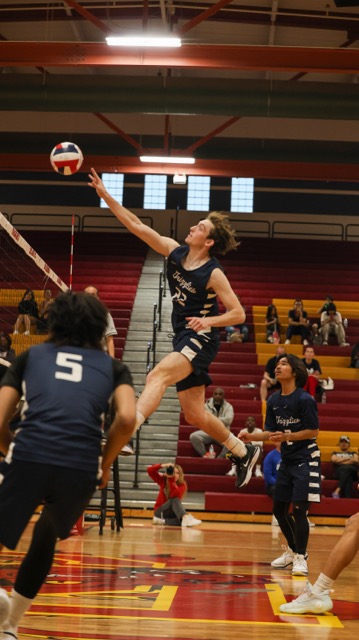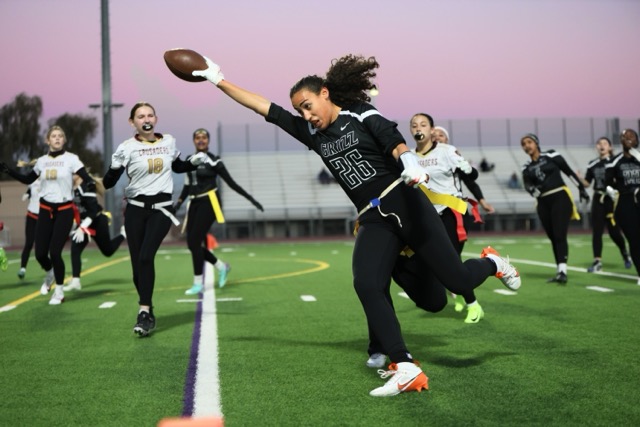Coaches yell, sweat, cry, and work every day of their season. Paid an average of $1,200.00 per season, coaches dedicate countless hours at practices, games and mentoring athletes for a small return.
Sports related functions can take place on weekdays, weekends and even holidays. Coaches have canceled occasions to attend games with their athletes. William Hemberger, Varsity womens’ basketball coach, said that he has missed ten years of winter break vacations because of his involvement with basketball tournaments and practices.
“I missed my college homecoming and high school reunion because I had to be at the playoffs with my athletes,” James Tippet, mens’ Varsity soccer coach, said. “But of course I continue coaching because I want my players to have a good coach. A knowledgeable coach who cares. Not just an adult. I ask myself every year if I really want to continue coaching and so far, I’ve said yes every year.”
Although every coach is paid slightly different, on average they make $52.00 a game – less than minimum wage.
“Coaches do a lot,” Gregory Stack, sports administrator, said. “If you did the math including their hours of planning games, tournaments, and paying for concessions, they are paid nearly $0.17 an hour.”
Coaches Jean Rees, Nathan Pangelinan and Marcus Teal have served as a coach for multiple sports. They are required to take training courses for every sport that they coach and take responsibility for their team’s actions.
“I work seven days a week when I’m in the season,” Rees, Varsity swim and Varsity cross country coach, said. “In order to keep up with the paperwork and requirements that either the school or the district ask of me, I have to be there every day. It is a demanding job but after a few years, it just became natural.”
Whether it is a work day, or an off day, coaches have allowed their athletes to reach out to them. They often set up Remind accounts to keep their athletes up to date with their schedule. They have pulled athletes to the side or asked them to take breaks if they feel that there is a problem that may affect their work ethic.
“I’m thankful for coach Chelsey for stepping in and making our volleyball program happen,” Ivana De Guzman, a womens’ volleyball player, said. “As this team was falling apart, she stuck through it all and kept us together. Not only did she sacrifice her own time to learn our routine, but also got to know us as individuals. She became more than a coach for me.”
Coaches said that they continuously coach year by year, simply for the belief they hold for their athletes.
“It’s a full time job,” Robert Bloom, tennis coach, said. “It’s not just teaching math, English
or Spanish. It’s teaching young people to grow into themselves as young adults. We, as coaches, are trying to help shape them into the people they want to be with the positive values that they already have inside of them.”
Even as they have full schedules, they often go out of their way to support their athletes on the sidelines.
“I try to relate and understand what they are going through,” Bowling Coach Kyle Martin said. “Whether it is through praising the heist, watching them compete in sports outside of season, attending their concerts, or participating and supporting them in other things beyond just coaching them.”








